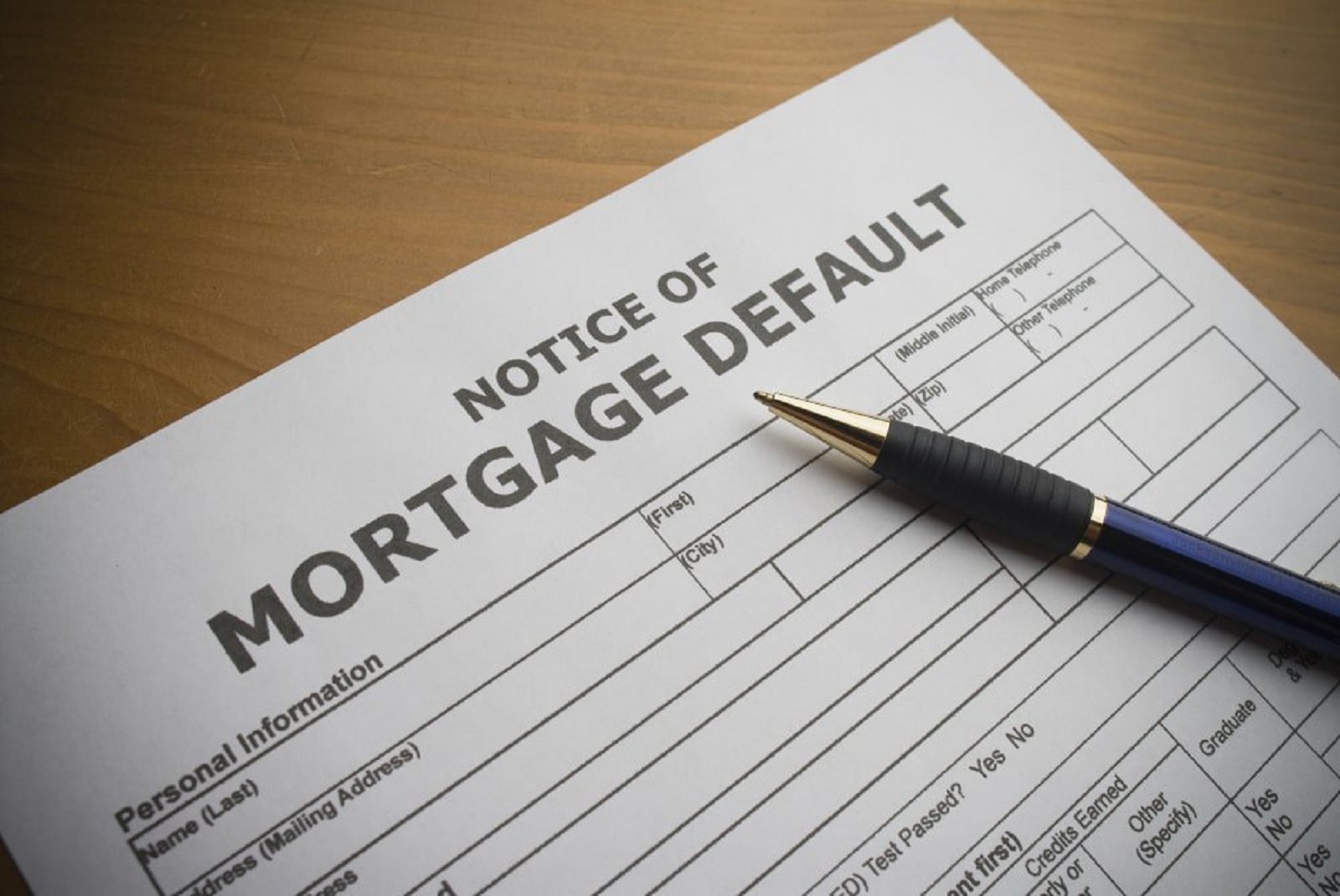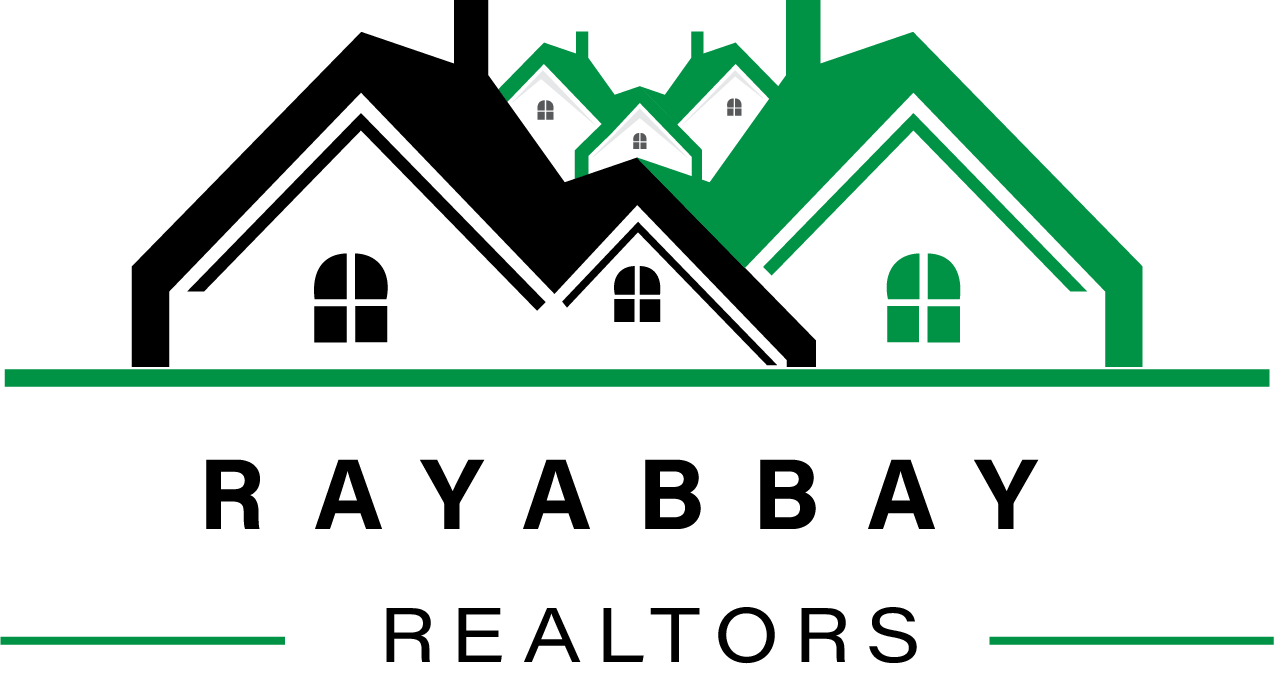Understanding mortgage default

A mortgage default occurs when a borrower fails to meet their agreed-upon payments, putting their property at risk of repossession by the lender. In Kenya, as in many countries defaulting on a mortgage has significant consequences for both the borrower and lender. We'll explore what a mortgage default entails and what happens when it occurs.
What is a Mortgage default?
A mortgage is a loan secured by property, often used to finance the purchase of a home. When a borrower fails to make the required monthly payments, it triggers a mortgage default. This failure to meet financial obligations can be due to various reasons, including job loss, financial instability, or unforeseen circumstances.
Consequences of mortgage default
Late payment penalties.
Initially, a borrower may incur late payment penalties, adding financial strain on top of the existing mortgage debt.
Notice of Default.
Upon missing payments, the lender typically issues a Notice of Default, officially notifying the borrower of the breach of the mortgage agreement. This document species the overdue amount and provides a grace period for payment.
Acceleration clause.
Most mortgage agreements include an acceleration clause. If the borrower fails to rectify the default within the grace period, the lender can demand immediate payment of the entire outstanding mortgage amount.
Foreclosure proceedings.
If the borrower still fails to make payments, the lender can initiate foreclosure proceedings. The lender must follow legal procedures, including obtaining a court order, before foreclosing on the property.
Public Auction.
The property may be sold through a public auction to recover the outstanding debt. The proceeds from the sale are used to settle the mortgage debt, and any surplus is returned to the borrower.
Legal consequences.
The borrower may face legal action for the outstanding debt. However, if the property's sale does not cover the entire debt, the lender can pursue the borrower for the remaining balance.
Preventing mortgage default
Communication with the lender.
If facing financial difficulties, it's crucial to communicate with the lender early. Many lenders are willing to explore alternatives such as loan modification or restructuring.
Financial planning.
Establishing a robust financial plan can help borrowers navigate unexpected circumstances and avoid default.
Emergency fund
Maintaining an emergency fund provides a financial buffer in case of unforeseen events, reducing the risk of default.
Conclusion.
In conclusion, understanding the implications of mortgage default is crucial for borrowers in Kenya. Proactive communication with lenders, financial planning, and early intervention can help mitigate the risk of default and protect both the borrower's home and financial well-being.
